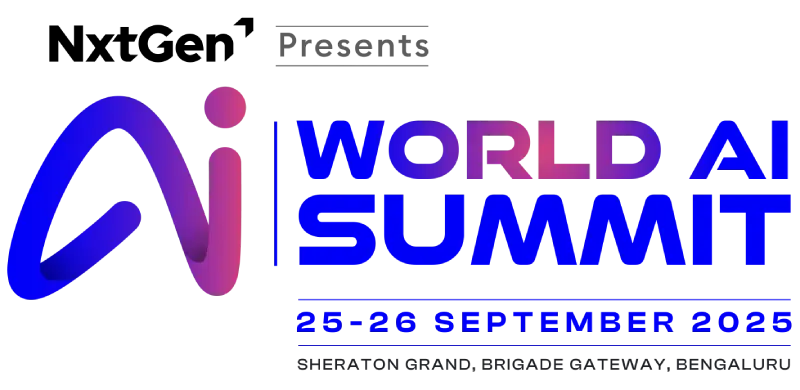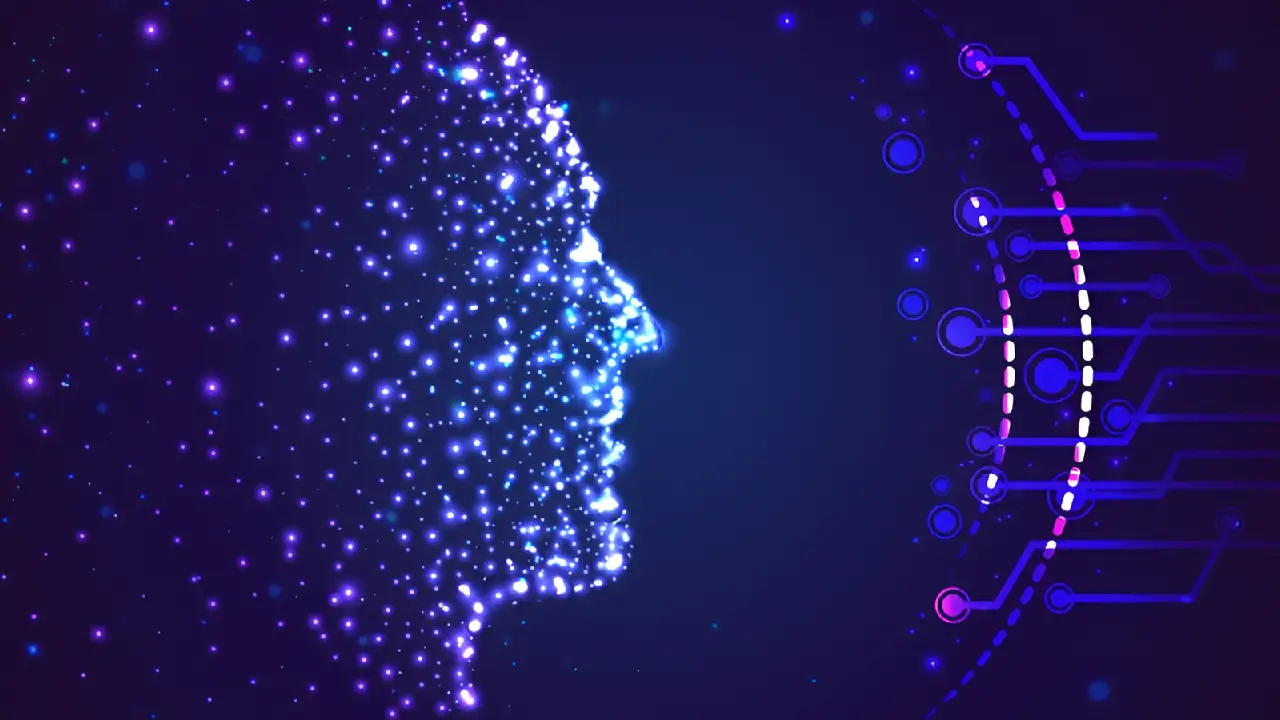AI in the Next 10 Years: Trends You’ll Discover at the World AI Summit 2025
Artificial Intelligence (AI) is no longer science fiction; it's India’s next growth engine. With India’s AI market projected to touch $17 billion by 2027, growing at a 25–30% CAGR (Source: NASSCOM), we are staring at a future where AI won’t just assist us—it will work with us, almost like a partner.
So, what will AI look like by 2034? Let’s take a peek into the future and why the World AI Summit 2025 in Bengaluru is the place to be if you want to lead that future.
1. Multimodal AI: Human-Like Understanding
Imagine an AI system that sees an image, hears your voice, reads your text—and understands it all together. That’s multimodal AI. In India, this is already being shaped by Bhashini, a MeitY initiative building language models across India’s 22 official languages.
2. No-Code AI: Building Without Coding
By 2026, two-thirds of applications will be developed on no-code/low-code platforms. Startups like Arya.ai and Jiva.ai are already enabling users to build AI tools without writing code. Through the AI for All initiative, 1 million citizens are expected to be AI-skilled by 2026.
3. Agentic AI: Smart Assistants That Work Together
AI “agents” are automating logistics, compliance, and customer service. Banks like ICICI and HDFC use them to speed up loan processing and fraud detection—cutting response times by 60%.
4. AI in the Boardroom
AI is already influencing C-suite decisions. Tools like ChatGPT Enterprise help simulate markets and manage risk. A PwC survey says 78% of Indian CXOs expect AI to guide boardroom strategy by 2030.
5. Quantum AI & BitNet: Faster, Greener Learning
India’s ₹8,000 crore National Quantum Mission is enabling BitNet-based AI models—more efficient, faster, and energy-saving for large-scale deployment.
6. Privacy-First AI
With federated learning, AI can train locally on your device, keeping personal data safe. The Digital Personal Data Protection Act (2023) supports this shift, especially in health and edtech sectors.
7. Ethical AI & Deepfake Governance
India follows UNESCO’s ethical AI guidelines—prioritizing transparency, fairness, and human oversight. As deepfakes rise, responsible governance is crucial.
Rising Trends to Watch
- Synthetic Data: Filling real-data gaps for better AI training
- Self-Learning Models: AI that improves itself over time
- Custom AI Models: Agritech firms like Fasal and DeHaat use local datasets for precision farming
By 2034, Imagine This...
Your AI assistant will:
- Order groceries and schedule commutes
- Summarize business reports
- Create custom content and lesson plans in regional languages
The Road Ahead
India is on track to be a global AI powerhouse. The World AI Summit 2025 in Bengaluru will bring together 1,200+ leaders and 200+ speakers to shape that future. Are you ready to lead it?




